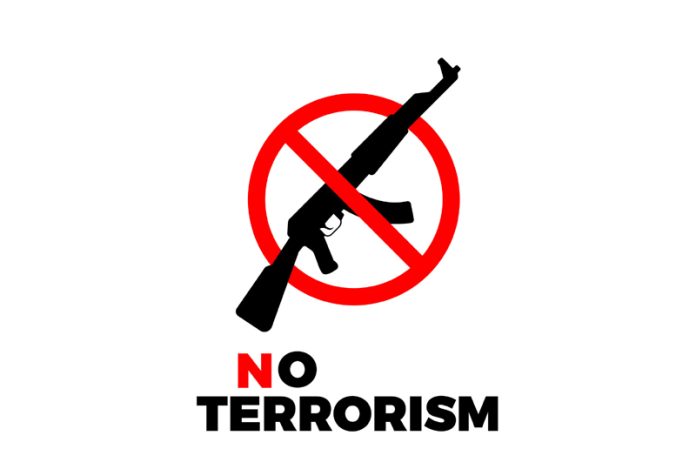The high-level security meetings in Jammu underscore the urgency and gravity of the escalating terror activities in the region. Chaired by Lieutenant Governor and Chief of Army Staff (COAS) General Dwivedi, these meetings are a critical response to the complex security challenges the Jammu Division faces. The strategic deliberations and outcomes of these meetings highlight the need for a unified and proactive approach to ensure the security of the region. Jammu has witnessed a surge in terror activities, necessitating a robust and cohesive response from the security apparatus. The meetings aim to address these threats comprehensively. The COAS emphasised a synergetic approach among armed forces and security agencies, a crucial step towards creating an impenetrable security grid.
The strategy formulated during these meetings is three-pronged: first, effective plugging of infiltration routes to bring infiltration to zero; second, addressing operational flaws with perfect synergy among all security agencies; and third, conducting result-oriented counter-terrorism operations to dismantle terrorist networks and their ecosystem in Jammu and Kashmir. This multifaceted approach reflects a clear understanding of the complex nature of the threats and the necessity for coordinated efforts. The importance of synergy and seamless coordination among the various security and intelligence agencies cannot be overstated. The presence of chiefs from the IB, RAW, BSF, CRPF, and the Jammu and Kashmir Police, among others, signifies a unified front against terrorism. This collaborative framework is essential to counter the evolving tactics of terrorists. The discussions at these meetings were not merely theoretical but were rooted in actionable plans. The focus on operational preparedness, real-time intelligence sharing, and joint operations will enhance the effectiveness of counter-terrorism efforts. Including physical and virtual participation by DIGs and SSPs ensures that the strategic directives reach all levels of the security hierarchy, fostering a comprehensive and inclusive security apparatus.
The security landscape in Jammu is evolving, with new challenges emerging that require innovative and adaptive strategies. The influx of battle-hardened terrorists, advanced weaponry, and modern communication devices poses significant threats. The suspected involvement of Pakistani army regulars among these terrorists adds another layer of complexity. Addressing these challenges requires a dynamic and flexible approach, combining traditional counter-terrorism tactics with advanced technological solutions. The meetings underscored the need for effective plugging of infiltration routes, a critical step in preventing the entry of terrorists. This involves not only physical barriers but also enhanced surveillance and intelligence gathering. Removing operational flaws through better coordination and communication among security agencies is vital to prevent lapses that terrorists could exploit. Moreover, result-oriented counter-terrorism operations are necessary to dismantle terrorist networks and eliminate their support systems.
The involvement of the highest levels of Government, including the Cabinet Committee on Security (CCS), headed by Prime Minister Narendra Modi, and the Multi-Agency Centre (MAC) functioning review meeting by Union Home Minister Amit Shah, underscores the national importance of the security situation in Jammu. The directives from these high-level meetings filter down to the regional level, ensuring a coherent and unified national security strategy. The repeated ambushes of army jawans and pilgrims are a grave issue that demands immediate and focused attention. It is particularly noteworthy that the security agencies are aware of the existing vulnerabilities and are actively developing strategies to address them. Each agency involved in the security framework must perform its duties flawlessly to eradicate the scourge of terrorism. These agencies have identified the weaknesses in the security setup and are poised to take immediate, decisive action to put their best efforts forward. Adapting to new threats through innovation and coordination will be key to countering terrorism effectively. The collaborative efforts of the armed forces, security agencies, Government, and community will be instrumental in eradicating terrorism and its support systems. The path to peace and stability in Jammu may be fraught with challenges, but with a unified and proactive approach, it is achievable.
Trending Now
E-Paper


